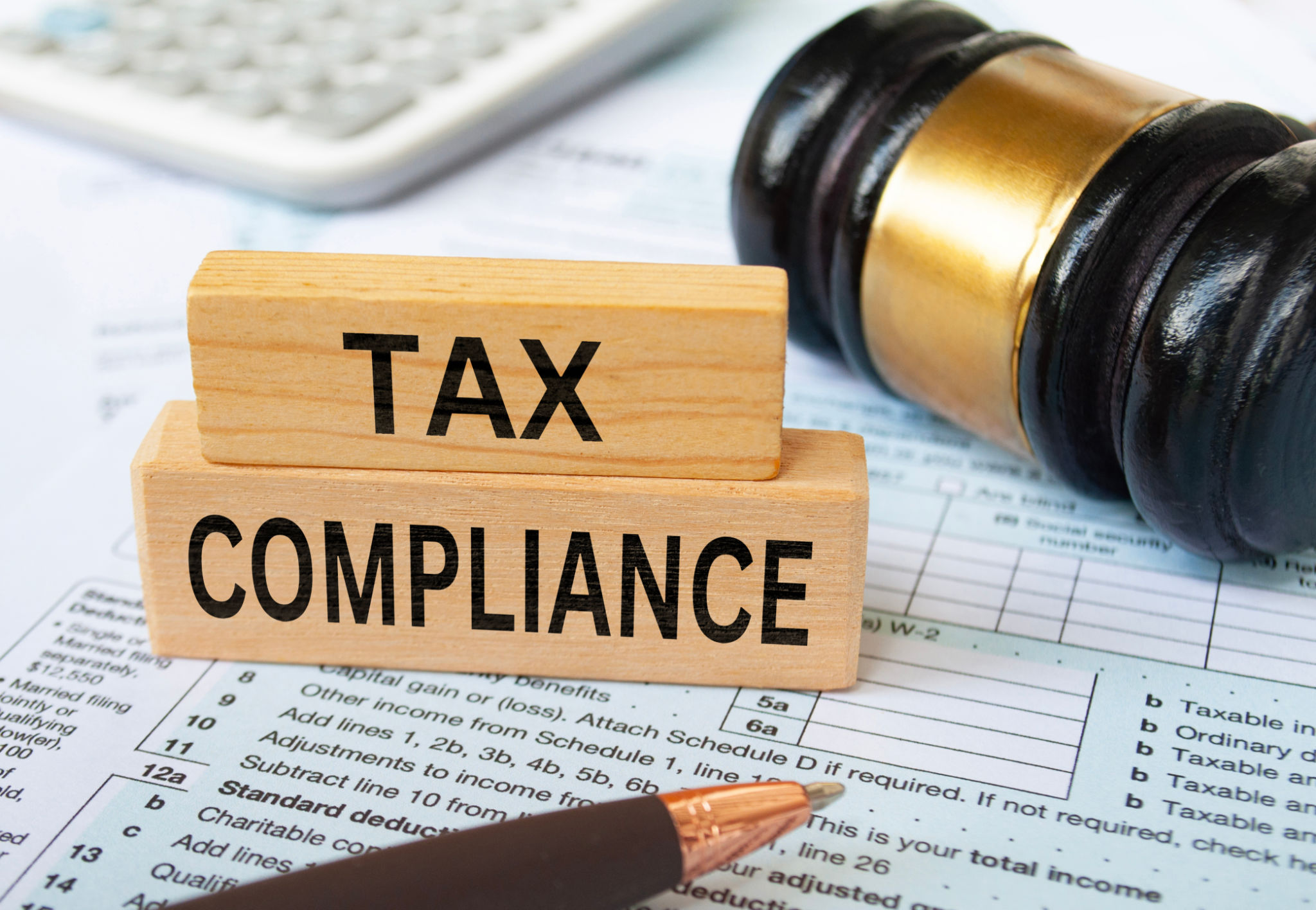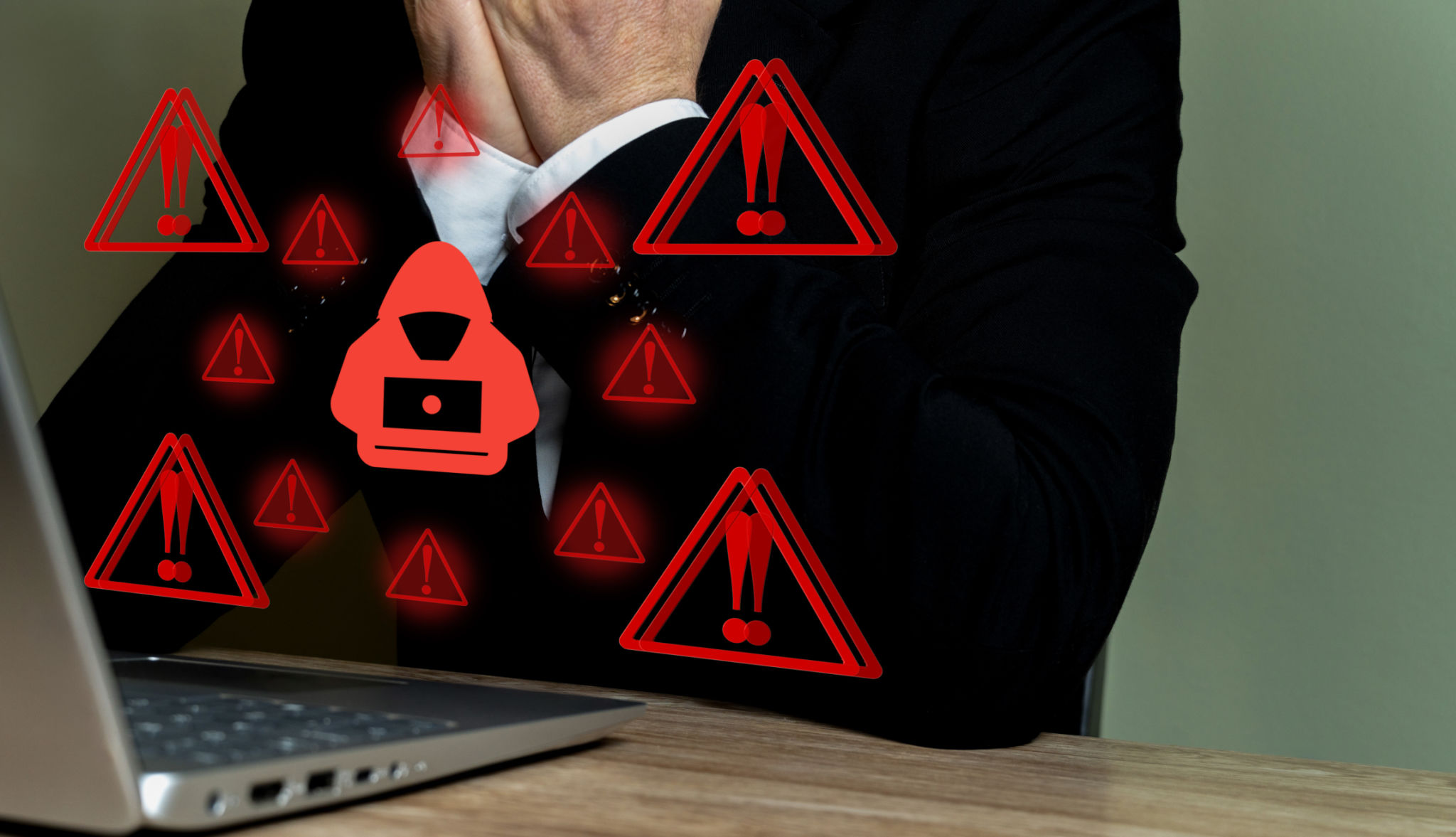Navigating U.S. Cryptocurrency Regulations: Essential Compliance Tips for Miners
Understanding the U.S. Regulatory Landscape
For cryptocurrency miners in the United States, navigating the complex regulatory landscape is crucial. As the industry grows, so does the attention from government bodies, making compliance not just a recommendation but a necessity. The key to successful operation lies in understanding and adhering to the rules set forth by various regulatory agencies.
The primary regulatory bodies involved include the Securities and Exchange Commission (SEC), Commodity Futures Trading Commission (CFTC), and the Internal Revenue Service (IRS). Each of these entities has specific mandates that affect how mining operations should be conducted. Staying informed about their guidelines can help miners avoid legal pitfalls.

Registering Your Mining Operation
One of the first steps in ensuring compliance is registering your mining operation if necessary. Depending on your operation's size and structure, you might need to register as a money services business (MSB) with the Financial Crimes Enforcement Network (FinCEN). This registration helps in tracking and preventing illegal financial transactions, such as money laundering.
Additionally, miners need to be aware of state-specific regulations that may require additional registrations or permits. Failure to comply with these local laws can result in severe penalties, potentially jeopardizing your operations.
Licensing Requirements
Licensing requirements vary from state to state. For example, states like New York have specific licensing protocols through the BitLicense framework, which mandates strict compliance measures. Understanding these requirements is essential for operating legally and efficiently within different jurisdictions.

Taxation and Reporting Obligations
Another critical area for miners is taxation. The IRS requires all cryptocurrency-related income to be reported accurately. This includes income from mining activities, which is considered taxable at the fair market value of the coins on the day they are mined.
Maintaining detailed records of all transactions and mining activities is essential for accurate tax reporting. Miners should be familiar with Form 1099 and other related IRS forms to ensure they are meeting all reporting obligations.
Staying Updated on Tax Laws
Tax laws surrounding cryptocurrency are continually evolving. Engaging with a tax professional who specializes in cryptocurrency can be an invaluable resource for staying compliant with the latest regulations. Regularly checking for updates on IRS guidelines will also help in avoiding any unwelcome surprises during tax season.

Implementing Strong Security Measures
Security is another critical component of compliance for cryptocurrency miners. Implementing robust cybersecurity measures can prevent unauthorized access and protect sensitive data. This not only helps in safeguarding assets but also aligns with regulatory expectations for data protection.
Regular security audits and updating software systems can mitigate risks associated with cyber threats. Ensuring compliance with data protection regulations such as the General Data Protection Regulation (GDPR) may also be necessary if you engage with users within the European Union.
The Role of KYC and AML
Know Your Customer (KYC) and Anti-Money Laundering (AML) protocols are essential components of a compliant mining operation. These measures help in identifying and preventing financial crimes, ensuring that your operations do not inadvertently facilitate illegal activities.

Conclusion
Navigating U.S. cryptocurrency regulations requires diligence, awareness, and proactive measures. By understanding the regulatory landscape, ensuring proper registration and licensing, maintaining accurate tax records, and implementing strong security protocols, miners can operate successfully while remaining compliant with the law. As the industry evolves, staying informed and adaptable will be key to sustaining growth and avoiding potential legal challenges.
